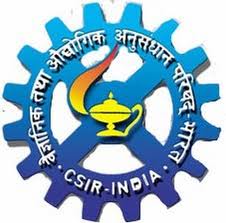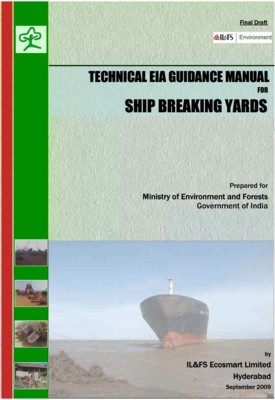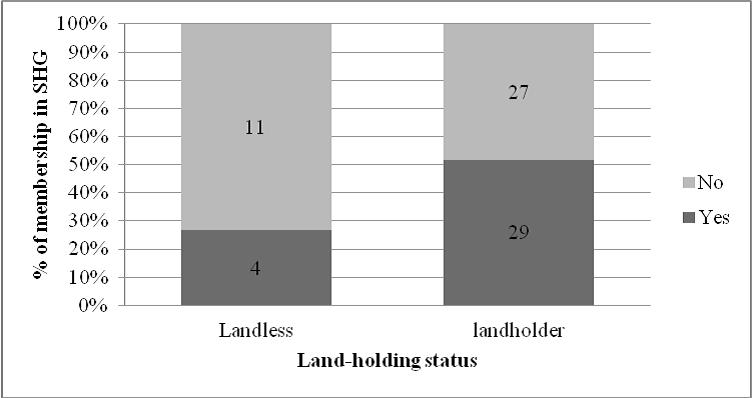Ecology and Environment
"In search of old ideas" - A discussion of the draft national water policy 2012, by Jayanta Bandopadhyay in The Telegraph
Posted on 22 Feb, 2012 05:05 PMAuthor: Jayanta Bandopadhyay
Article and image courtesy: The Telegraph
Rural water access: Governance and contestation in a semi-arid watershed in Udaipur, Rajasthan: A paper in EPW
Posted on 21 Feb, 2012 05:19 PMStudy area
This study is carried out in micro-watershed No.19, which comprises six villages in Jhadol tehsil of Udaipur district in Rajasthan. A minor irrigation project completed in 1980 serves these six villages
Rainfall, storage levels in reservoir and groundwater use
Fellowship media briefing workshop : Tigers, tiger habitats and their conservation in India , CSE, April 25-26, New Delhi
Posted on 21 Feb, 2012 09:17 AMOrganizer: Centre for Science and Environment (CSE)

Description:
India hosts a majority of the world’s tiger population -- about 1,700 tigers, according to the May 2011 census. But a combination of threats is holding this meagre number to ransom, and poaching and trade in wildlife parts is just one of them. Shrinking habitat, conflicts with humans, growing tourist interference… the tiger has a lot to contend with. Policy intervention, protective legislations and international pressure have not made much of a difference, and if action is not taken effectively, the tiger will dwindle towards extinction.
Certificate course on the Agenda for Survival, CSE, AAGC, June 1- 30, 2012, New Delhi
Posted on 20 Feb, 2012 09:50 AMOrganizer: Centre for Science & Environment (CSE),
Anil Agarwal Green College (AAGC)
Venue: Anil Agarwal Green College
38, Tughlakabad Institutional Area
New Delhi–110062

Description:
This interdisciplinary month-long summer certificate course allows Indian participants to understand and critically evaluate issues that lie at the interface of environment & development; poverty; democracy, equity & justice.
International Conference on RDEIA- IACM 2012, CSIR, NEERI, March 28-30, 2012, Nagpur
Posted on 20 Feb, 2012 08:50 AMOrganizer: Council of Scientific & Industrial Research (CSIR),
National Environmental Engineering Research Institute (NEERI)
Venue: National Environmental Engineering Research Institute,
Nehru Marg,
Nagpur 440 020


Description:
International Conference on Recent Developments in Environmental Impact Assessment (EIA) & Integrated Approach for Carbon Management – Solutions, Technology Developments and Pollution Abatement (RDEIA-IACM 2012) will bring together the Indian and International R&D professionals and workers in the field of Environmental Impact Assessment, Environmental Science and Engineering, Green Chemistry and Green Technologies related to recent advances in Carbon Chemistry and to discuss new and exciting achievements in this field.
Towards greener development: EIA sector specific manuals brought out by the Ministry of Environment and Forests
Posted on 19 Feb, 2012 07:20 PMThese manuals are aimed at expert appraisal committees, and hope to improve the quality of appraisal of projects. These will also provide a template for use by organisations and consultants developing the EIA reports.
Social exclusion in watershed development: Evidence from the Indo-German watershed development project in Maharashtra - A LEAD paper
Posted on 18 Feb, 2012 03:08 PMMarginalized communities are excluded from a say in the creation of policies.

Climate change risk - An adaptation and mitigation agenda for Indian cities - A paper published in the journal Environment and Urbanisation
Posted on 18 Feb, 2012 01:33 PMThe paper dwells on the likely changes that climate change is expected to bring in temperature, precipitation and extreme rainfall, drought, river and inland flooding, storms/storm surges/coastal flooding, sea-level rise and environmental health risks, and who within urban populations will be at risk.
The status of glaciers in the Hindu Kush-Himalayan region - A report by the ICIMOD
Posted on 17 Feb, 2012 03:00 PMThe HKH region is one of the most dynamic, fragile, and complex mountain systems in the world as a result of tectonic activity and the rich diversity of climates, hydrology, and ecology. The high Himalayan region is the freshwater tower of South Asia and has the highest concentration of snow and glaciers outside the polar regions giving it the name Third Pole.
Balati glacier, Pithoragarh district, Uttarakhand (Source: Uttarakhand and I)
Framework for valuing ecosystem services in the Himalayas - An ICIMOD technical report
Posted on 17 Feb, 2012 12:12 PMThis has been a generic first attempt that can be fine-tuned and customised for each type of ecosystem and each kind of service value. Ecosystem services are defined by the Millennium Ecosystem Assessment as ‘the benefits people obtain from ecosystems'.
Mountains occupy 24% of the global land surface area and are home to 12% of the world’s population. Mountains have an ecological, aesthetic, and socioeconomic significance, not only for those living in the mountain areas, but also for people living beyond them. However, the importance of ecosystem services arising from mountains is not properly recognised. The HKH region is endowed with a rich variety of gene pools and species, and ecosystems of global importance. It is a storehouse of biological diversity and a priority region in many global conservation agendas. The region has many unique ecosystems that play a critical role in protecting the environment and in providing livelihoods for much of Asia and beyond.




